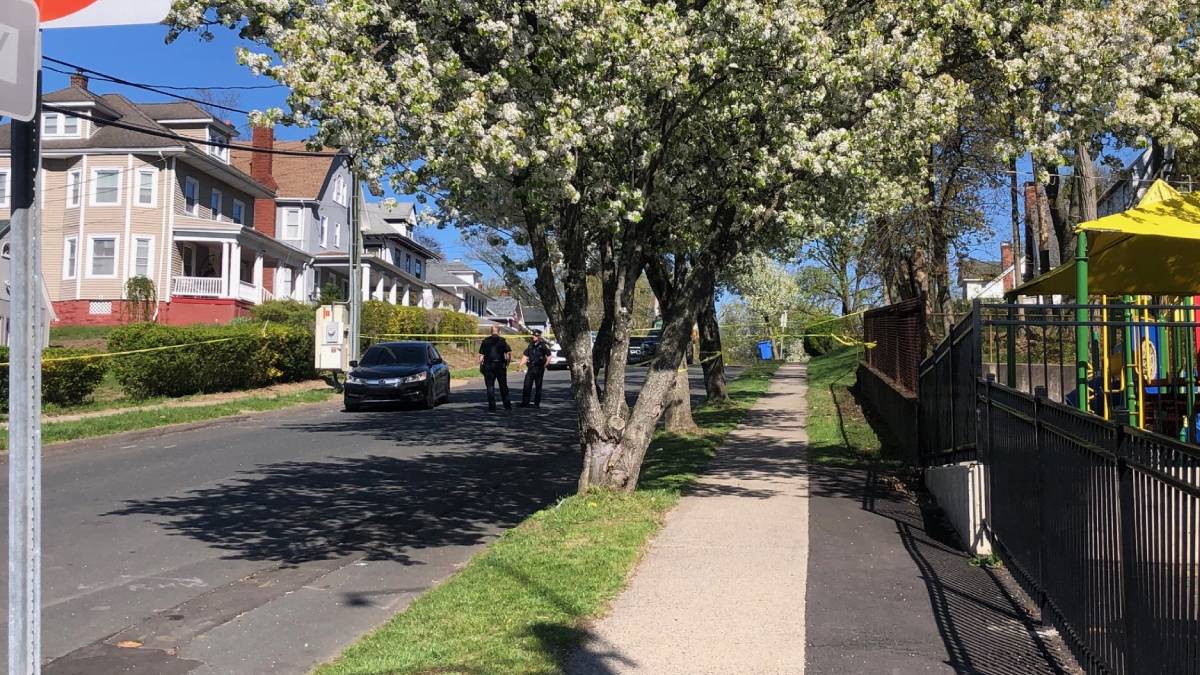You'd have a hard time trying to find a car owner who wouldn't be happy to see the motor vehicle tax hit the road.
"If they can get rid of the car tax, that would be wonderful. That would be great," Bristol resident Lisa Bauman said. "It would be great to have a couple extra hundred dollars in our pocket for sure."
According to the Connecticut Conference of Municipalities (CCM), that car tax brings in a total of $800 million a year. While CCM isn't against the idea of eliminating the tax, it argues there needs to be a plan in place to help municipalities adjust, adding that "simply eliminating the motor vehicle tax only will shift burdens onto a residential and commercial property tax base that is already overtaxed and unstable."
One idea to replace the tax is to have cities and towns absorb what costs they can and then putting the rest in with the property tax.
"Towns and cities are going to have to make serious decisions as we have on the state level," House Minority Leader Themis Klarides said.
"If it was rolled into the mortgage of the property tax payment or the mortgage payment, it would be a better program for us all," Speaker of the House Joe Aresimowicz said.
House Republicans and Democrats caucused separately with their members on Thursday to go over the tentative budget deal. The car tax plan caused quite a stir. Since it wouldn't take place until year two of a biennium budget, the idea seems to be that they'll figure out the details later. For year one, the car tax cap would be raised to 39 mills.
Local
"We are about to do a bipartisan budget for the first time in this state in over a decade, to my knowledge, and we're going to end the longest budget impasse in history. I understand the questions on this. We understand the concerns. We're looking forward to having those conversations in January. We want to pass a bipartisan budget next week. That's the priority right now," House Majority Leader Matt Ritter said.
Ritter went on to say, "We're not expecting towns to come up with $25 million out of nowhere. To (Aresimowicz's) point though, we have sort of an archaic, bizarre system here in Connecticut where you pay, we reimburse. We're going to try and simplify that and work with the towns on it."
Lawmakers say the budget would also cut UConn funding by $130 million over two years. It's more than the previous Democratic proposal but less than the previous Republican proposal.
There would also be a cigarette tax increase.
Teachers would pay an additional one percent of their payroll to their pensions, but in doing that, the state would not shift any teacher pension costs onto municipalities.
Governor Malloy is expected to get a look at the budget on Saturday.
House Republicans, Senate Republicans and Senate Democrats are all expected to caucus separately on Monday. House Democrats said they'll caucus again during the week.
Lawmakers hope to vote on the budget next week.
"We're prepared to vote on a budget and pass a budget and send it to the governor that moves Connecticut forward," Aresimowicz said.
"It's a conversation that's continuing. That's why I keep saying these are tentative agreements on major issues, and we are going back to our caucuses and continuing these conversations. That's why we're not voting yet," Klarides said.



